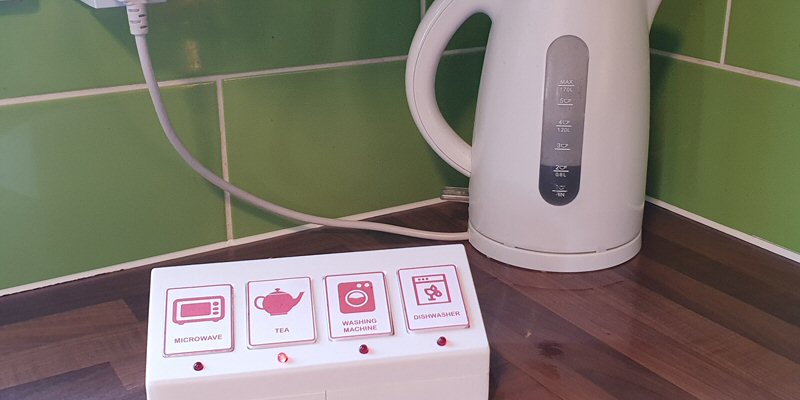Assistive technology can be used to help with a range of tasks, such as remembering appointments and medications, maintaining a routine, staying connected with family and friends, and promoting safety and independence. Examples of assistive technology for dementia care include:
- GPS trackers
- Smart home devices
- Reminder apps
- Voice-controlled assistants
- Memory aids (e.g. digital photo frames)
- Tablets and interactive games
- Monitoring systems for safety and fall detection
The goal of assistive technology in dementia care is to improve the quality of life for people with dementia and to support them in maintaining their independence for as long as possible. However, it is important to note that assistive technology should not be seen as a substitute for personal care and support, and that the most appropriate technology should be chosen based on individual needs and preferences.







